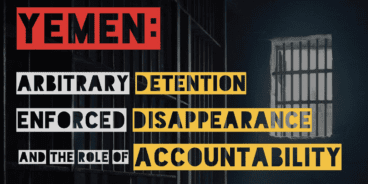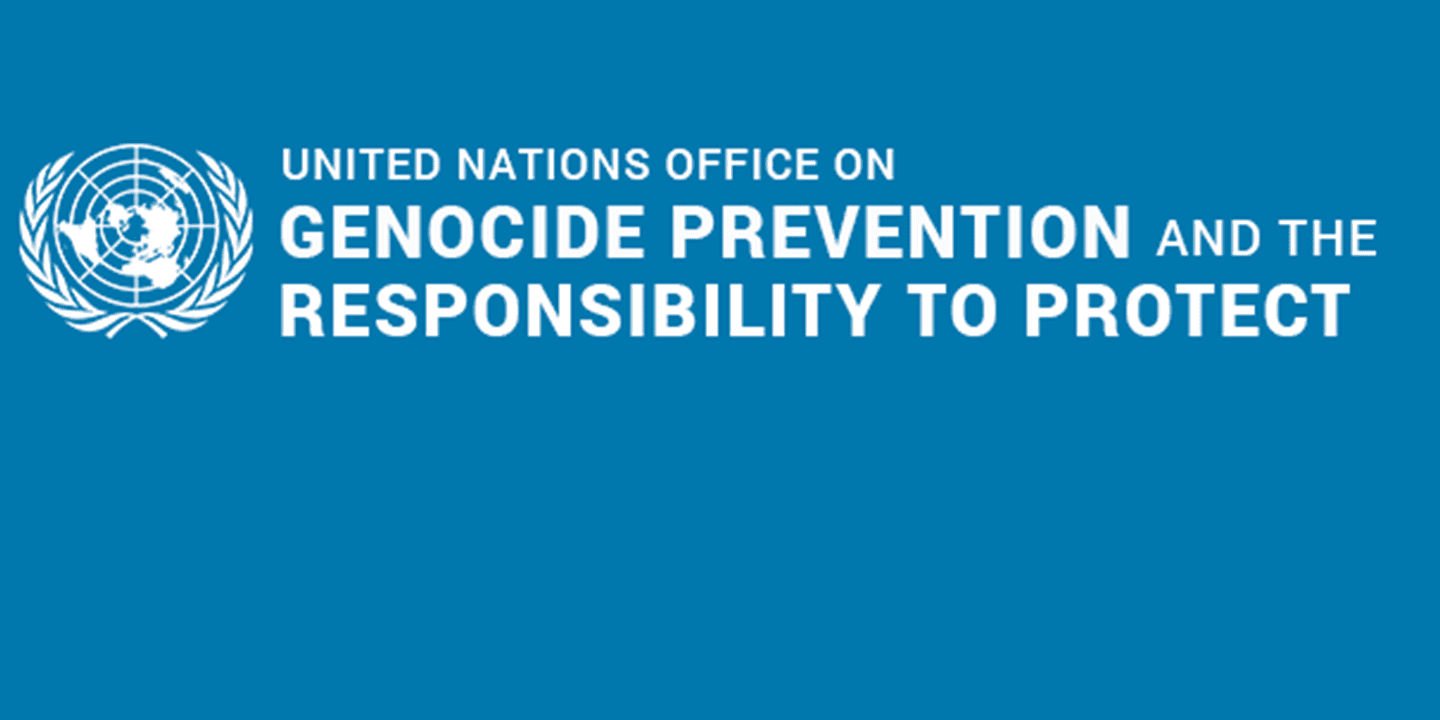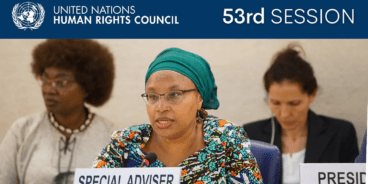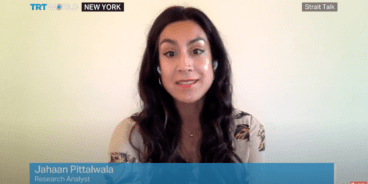

Statement by the UN Special Advisers on the Prevention of Genocide and the Responsibility to Protect on the situation in Yemen, September 2015
Statement by Adama Dieng, UN Special Adviser on the Prevention of Genocide and Jennifer Welsh, UN Special Adviser on the Responsibility to Protect, on the situation in Yemen.
(New York, – 15 September 2015) The UN Special Advisers on the Prevention of Genocide, Adama Dieng, and on the Responsibility to Protect, Jennifer Welsh, expressed concern at the ever increasing impact on civilians of the ongoing conflict in Yemen, and the virtual silence of the international community about the threat to populations.
In the Special Advisers’ view, recent developments are likely to lead to escalation of the violence in central Yemen, particularly if Sana’a becomes the scene of confrontations between the Saudi-led military coalition and the Houthi forces, and civilians will bear the brunt of this violence. “Unless there is a serious commitment of the parties to find a political solution to the conflict that will end the violence and ensure humanitarian access to all populations, without discrimination, the situation is likely to degenerate further.”
According to United Nations estimates, at least 2,204 civilians have already been killed, and 4,711 wounded, and civilian objects, such as hospitals, schools and religious buildings, continue to be targeted. Civilians are protected under international humanitarian law; indiscriminate attacks and attacks against civilians and civilian objects may constitute war crimes. The Special Advisers expressed alarm about allegations of serious violations of international humanitarian law and human rights law throughout the country, committed by both sides of the conflict. Recent incidents of concern include the 2 September suicide terror attacks against Al-Moayad mosque in Sana’a, the 24 August rocket attack by Houthi militiamen in Taiz, the 30 August airstrike targeting a bottling plant in northern Haijah Governorate and the 18 August military strikes on the Red Sea port of Hodeida. It is unclear how any of these locations could have been considered legitimate military targets. In parallel, an increased number of incidents of targeting humanitarian organizations in Yemen was registered. The Special Advisers called on the parties to the conflict to uphold their obligations to respect international human rights and humanitarian law and protect civilians.
The Special Advisers echoed the report on the situation in Yemen of the High Commissioner for Human Rights published on 7 September 2015, noting that “there is an urgent need to establish credible and independent investigations, with relevant jurisdiction and capacity, to ensure that alleged serious violations of international humanitarian law and human rights law by all parties are verified, that perpetrators are held accountable and that victims receive adequate reparations. The international community should consider all available options, including encouraging the establishment of an international independent and impartial mechanism, to support accountability in Yemen. It is imperative that the rights of the victims are upheld.”
The Special Advisers also denounced the use of sectarian language by the Yemeni branch of the Islamic State of Iraq and the Levant (ISIL) and Al-Qaeda in the Arabian Peninsula (AQAP) to justify violations of international law and to fuel divide. In this respect, they urged leaders from all sides to restrain from manipulating religious identities for political purposes.
The Special Advisers reminded national authorities of their primary responsibility to protect the Yemeni population. But they also recalled that the international community has a responsibility to protect populations from genocide, war crimes, ethnic cleansing and crimes against humanity, and “must intensify its efforts to fulfil this collective responsibility in Yemen.”

